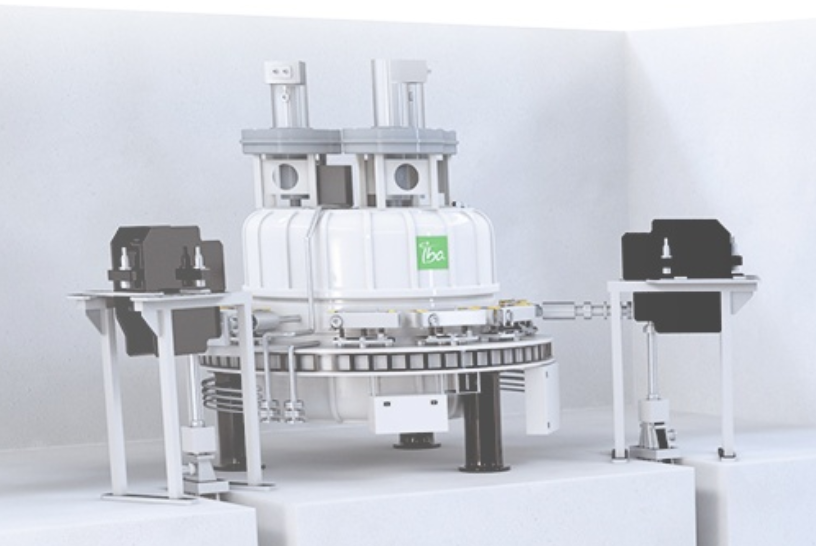NorthStar Medical Radioisotopes and IBA Expand Collaboration to Enable Global Availability of Diagnostic Radioisotope Technetium

NorthStar Medical Radioisotopes and IBA (Ion Beam Applications S.A., EURONEXT) recently announced a collaboration to increase global availability of technetium-99m (Tc-99m), the most widely used medical radioisotope. The collaboration enables companies outside of the United States to access the Tc-99m Generation Systems (TCM Generation Systems) that utilize NorthStar’s proprietary non-uranium based Mo-99 produced using IBA’s accelerators and beamlines. Technetium-99m is the daughter isotope of molybdenum-99 (Mo-99). Diagnostic imaging studies using Tc-99m inform healthcare decisions for approximately 30 million patients annually around the world.
“Every year approximately 30 million patients benefit from diagnostic imaging studies using Tc-99m,” said Stephen Merrick, President and Chief Executive Officer of NorthStar, a global innovator in the development, production and commercialization of radiopharmaceuticals used for medical imaging and therapeutic applications. “NorthStar is delighted to expand its collaboration with IBA, as we view them to be an ideal partner to grow the use of non-uranium based Mo-99 to support a sustainable and innovative future for nuclear medicine. Based on their commercial expertise and tailored approach, we believe IBA complements NorthStar’s global vision of delivering innovative solutions that can address critical patient healthcare needs related to medical diagnosis. We are proud to lead the field of nuclear medicine as the only commercialized producer of Mo-99 in the United States, having provided more than two years of stable U.S. commercial production to date. We look forward to deepening our collaboration with IBA and are confident that this joint approach has the potential to make non-uranium Mo-99 the leading worldwide source of Tc-99m.”
The collaboration builds on an existing contract, under which IBA is providing NorthStar with up to 8 Rhodotron TT 300-HE electron beam accelerators. They will be used for the production of non-uranium based Mo-99, which enables NorthStar’s FDA-approved and commercially available RadioGenix System (technetium Tc 99m generator) to produce Tc-99m in the United States. NorthStar’s Accelerator Production facility expansion is nearing completion in Beloit, Wisconsin, with the first pair of IBA accelerators due to arrive from Belgium in early April 2021.
“We are pleased to enter into this expanded collaboration for TCM Generation Systems with NorthStar Medical Radioisotopes to enable more companies to access this vital healthcare diagnostic tool. IBA’s Rhodotron accelerators provide the most advanced accelerator technology in the world, and we look forward to working with NorthStar in applying innovative solutions to enable reliable radioisotope supply on a global basis and exploring additional productive opportunities in the future,” said Olivier Legrain, Chief Executive Officer of IBA, the world’s leading provider of proton therapy solutions for the treatment of cancer.
The RadioGenix System is an innovative, high tech separation platform that is approved for processing Mo-99 for the production of Tc-99m. Prior to availability of RadioGenix technology, the U.S. supply chain for Mo-99 has been subject to frequent and sometimes severe interruptions that negatively impacted patient healthcare. Approved by the U.S. Food and Drug Administration (FDA) in 2018, the RadioGenix System is the first and only on-site, automated isotope separation system of its kind for use with non-uranium based Mo-99, designed to help alleviate shortage situations and expand domestic supply. The RadioGenix System is not approved for use outside the United States.
NorthStar’s Accelerator Production facility expansion in Beloit will ensure sustainable domestic Mo-99 supply for the United States through dual production and processing hubs for additional capacity and scheduling flexibility. Pending appropriate licensure and approval, the facility will augment current Mo-99 processing in Columbia, Missouri, conducted in partnership with the University of Missouri Research Reactor (MURR).